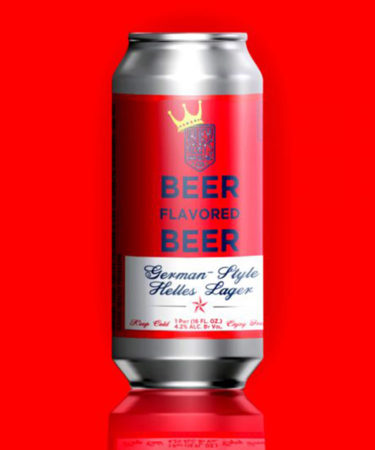Late last month, Anheuser-Busch had a social media faux paux. On Instagram, the company posted a photo of one of its products, Wicked Weed La Bonté (with pear), and a caption insinuating the brand introduced sour beer to the U.S. A-B also referred to lactobacillus, a bacteria strain commonly used in sour beer production, as a yeast strain.
Of course, the Internet went wild. Worst Beer Blog posted a screen shot of the post on Instagram and Twitter (which was a savvy move, as A-B swiftly deleted its post). It sparked several insults and jokes, which you can see below.
https://www.instagram.com/p/Br8wROTgguF/?utm_source=ig_web_copy_link
In response to the social media misstep, Wiley Roots Brewing of Greeley, Col., took that lemon and made lemonade. Actually, they made beer: “Beer Flavored Beer,” a basic-looking German-style Helles lager presumably meant to mimic A-B’s Budweiser. The brewery also mimicked A-B’s Instagram post by copying its language.
https://www.instagram.com/p/BsVnR4ggnSp/
⠀
Of course, A-B has made sizable contributions to commercial beer in its 165-plus-year history. And Wicked Weed, prior to its acquisition by AB InBev and the subsequent backlash, was well-regarded as one of the best sour beer producers in the country. However, neither were the first to make sour beer in the U.S.
This Insta-slip is a lesson in clarity of messaging in the digital age — crossing T’s, dotting I’s, and knowing the difference between brettanomyces and lactobacillus.
